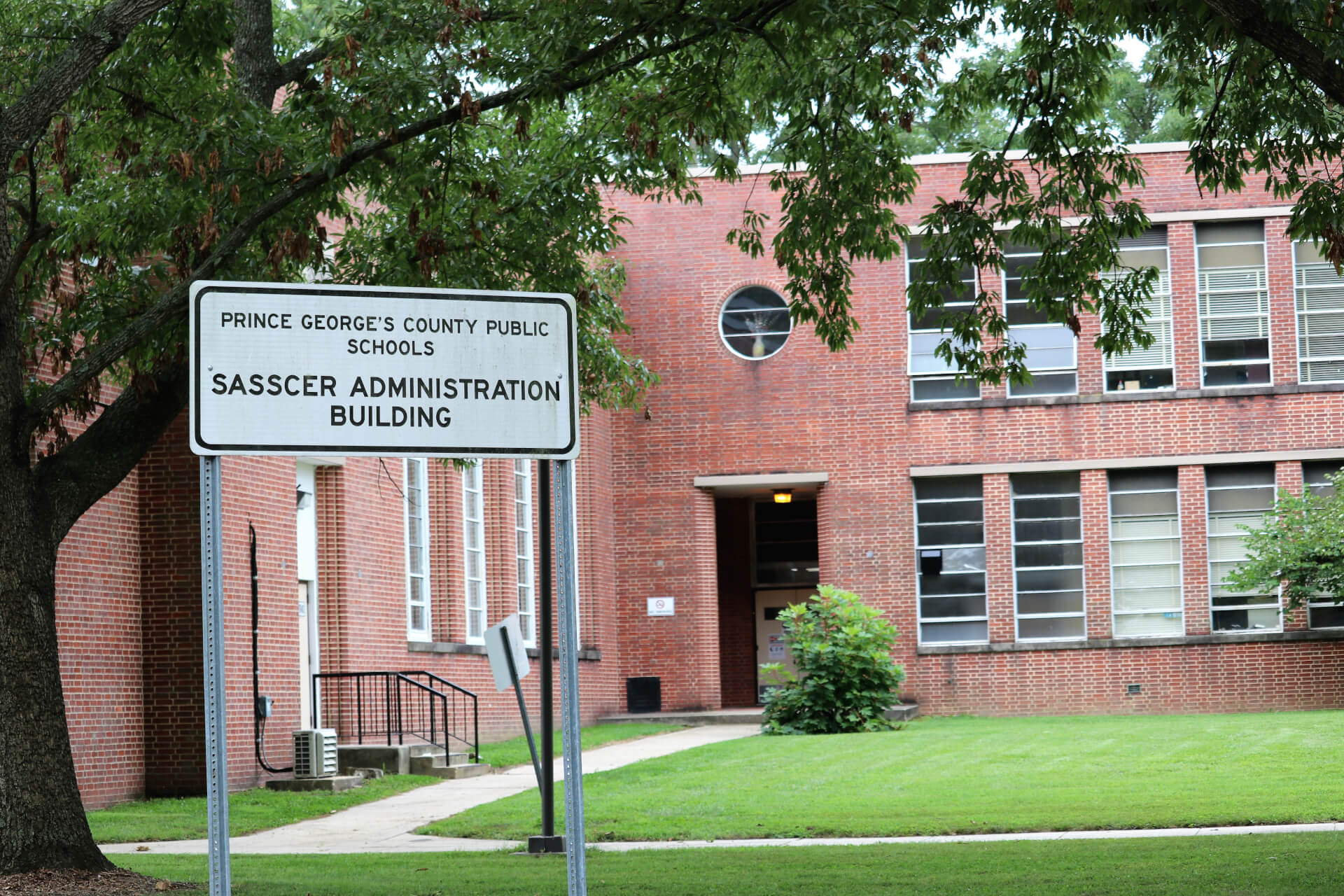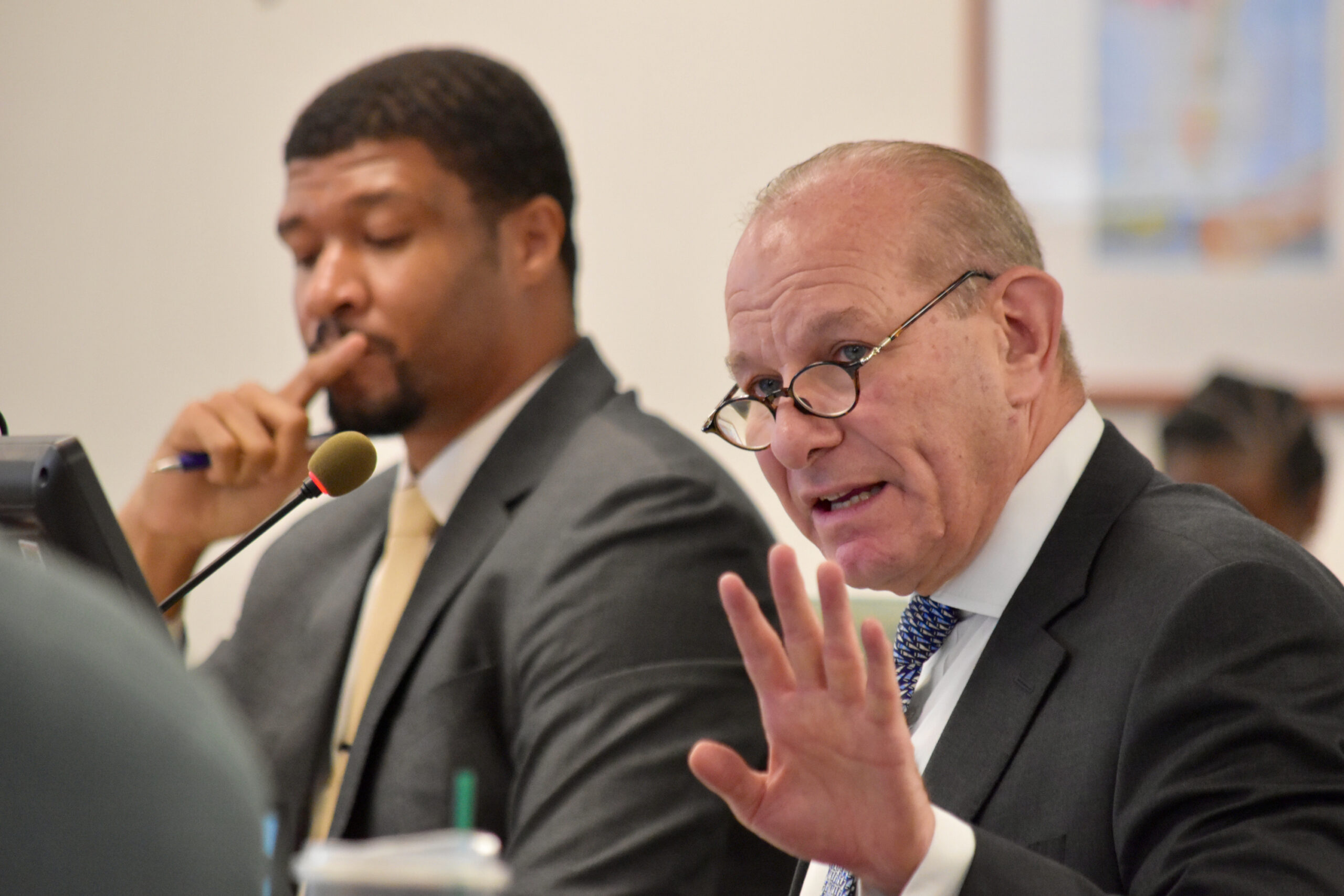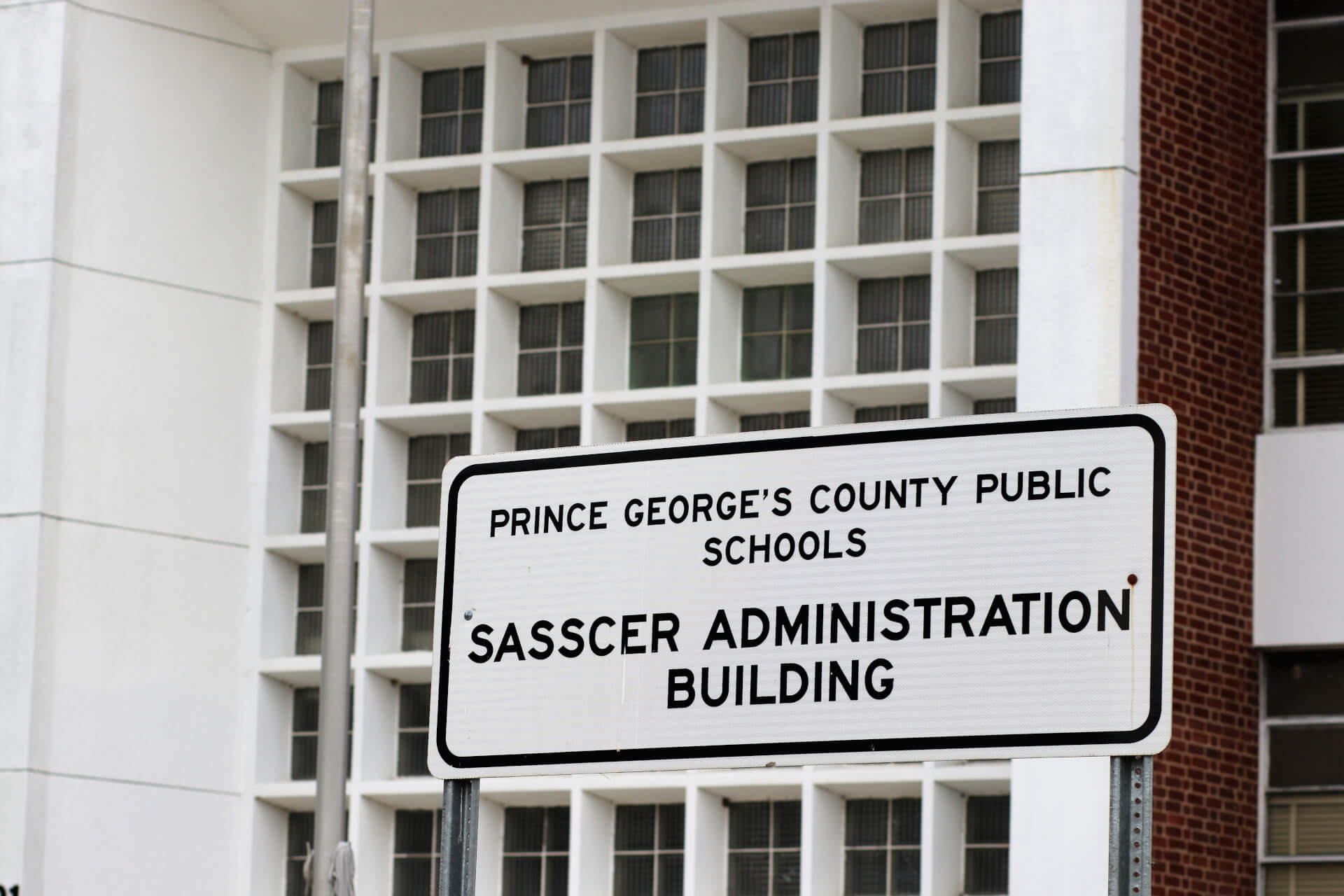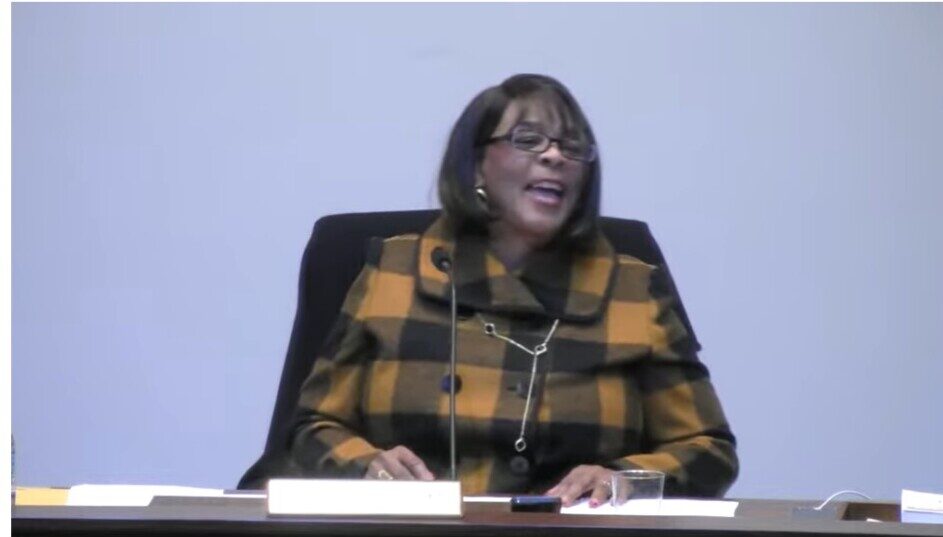Ethics Panel at Center of Prince George’s School Board Feud to Resign

The ethics panel that produced a controversial set of findings against members of the Prince George’s County Board of Education is stepping down en masse.
The panel notified board chair Juanita D. Miller of their intention to resign as a group in an April 3 letter that was obtained by Maryland Matters. The departures will take effect on Friday and will leave the board, which has been dogged by allegations of misconduct, without ethics overseers.
The school board’s ethics panel is made of five county residents who serve without compensation. The panel produced a confidential set of “findings” against seven of the board’s 14 members last year. The members named in the documents vigorously rejected allegations of wrongdoing, and the public release of the reports — which were mailed anonymously to elected leaders — sparked months of controversy.
Critics of the seven-member bloc viewed the findings as cause for their removal; defenders of the group saw the investigation as a politically motivated smear. The reports deepened feelings of ill will between the members accused of wrongdoing and a slightly smaller bloc that tended to side with Miller.
In their letter, members of the ethics panel said their service forced them to deal with a school board that is “seen by many, including the State [Board of Education], as dysfunctional.” They also complained that members of the board “ignored” their requests for information and of attempting to “litigate Ethics Panel Findings in the press.”
Notably, the panel also cited a previously unreported “investigation” by the Maryland Office of the Inspector General for Education.
Asked on Tuesday if he is investigating the ethics panel, Inspector General Richard Henry declined to comment. “I can’t discuss any investigations that we have or have not (launched),” he said.
In an interview, Gregory T. Morton, a retired IT consultant who led the panel, defended the 2021 findings that were leveled against members of the school board.
“I know that everybody on the panel — while we were put through a lot — we all feel that what we left behind, in terms of our service, helped move things forward in the county,” he said.
Miller attempted to forward the panel’s findings to the state board of education for potential action, but she lacked the votes to do so. Subsequent board meetings were occasionally chaotic, as Miller, a former state delegate appointed by County Executive Angela D. Alsobrooks (D), fought what she perceived to be a challenge to her leadership.
The board lost several attorneys, one of whom quit in the middle of a board meeting. Some of the board members accused of wrongdoing hired a lawyer.
Among the disputed findings, the ethics panel said it found evidence to support claims that several school board members hired an Annapolis lobbyist because she was in financial distress. The lobbyist lacked relevant experience and didn’t attend important meetings or file required reports, according to the panel. But those conclusions later were undercut by video of the lobbyist attending meetings and the discovery of reports she filed before being relieved of her duties.
The ethics panel also alleged that board members voted to expand a “$500,000 Construction Contract” with the Laborers International Union of North America (LiUNA) without disclosing campaign contributions that some members received from the organization. LiUNA does not have a “construction contract” with the Prince George’s County schools, a top school official later conceded. The union did enter a “pilot project labor agreement” for asbestos removal.
The ethics panel also concluded that the members of the board who frequently banded together against Miller violated board policy, which prohibits the formation of cliques or voting blocs.
One of the school board members accused of wrongdoing, Edward Burroughs II, now sits on the county council. In an interview, he accused the ethics panel of misconstruing documents in a manner that was “so blatant.”
“What they attempted to do was so unethical, in my opinion. And it didn’t work,” he said.
Three board members named in the report have moved on. Burroughs left to run for the council seat that came open when Monique Anderson-Walker resigned. Belinda Queen stepped down to focus on her county council campaign. Raaheela Ahmed left to pursue a state Senate seat.
As Alsobrooks appoints new board members, it becomes possible that Miller will soon have the votes needed to refer the ethics reports to the state board of education for potential action.
Miller declined to comment Tuesday about the ethics panel’s mass resignation.
In a March 21 letter to Leslie R. Stellman, a lawyer who served as an investigator for the ethics panel, Andrew W. Nussbaum, an attorney retained by the school board, said that after reviewing state law, he was of the opinion that ethics panel members would be represented by the county in the event they are sued.
“[I]f a member, or former member, of the Ethics Panel were to be sued for something that arose as a result of activities of the Ethics Panel, the Board of Education would be required to provide counsel, at School System’s expense, to the individual…” Nussbaum wrote, “and that any judgment that might arise from such litigation could only be levied against the Board of Education and may not be executed against the Ethics Panel member.”
Morton, the departing ethics chair, suggested that the panel’s findings may yet prompt action by state overseers.
“It’s not done. It’s not over,” he said. “We did our part. We’re convinced we did the right thing. And at the end of the day, it’s up to our county executive, our legislators and the state to really try to figure this thing out. We stand by what we said.”
Editor’s Note: This story was updated to add additional information about the ethics panel’s findings and to clarify Morton’s profession. He is a retired IT program management consultant, not an attorney.




 Creative Commons Attribution
Creative Commons Attribution